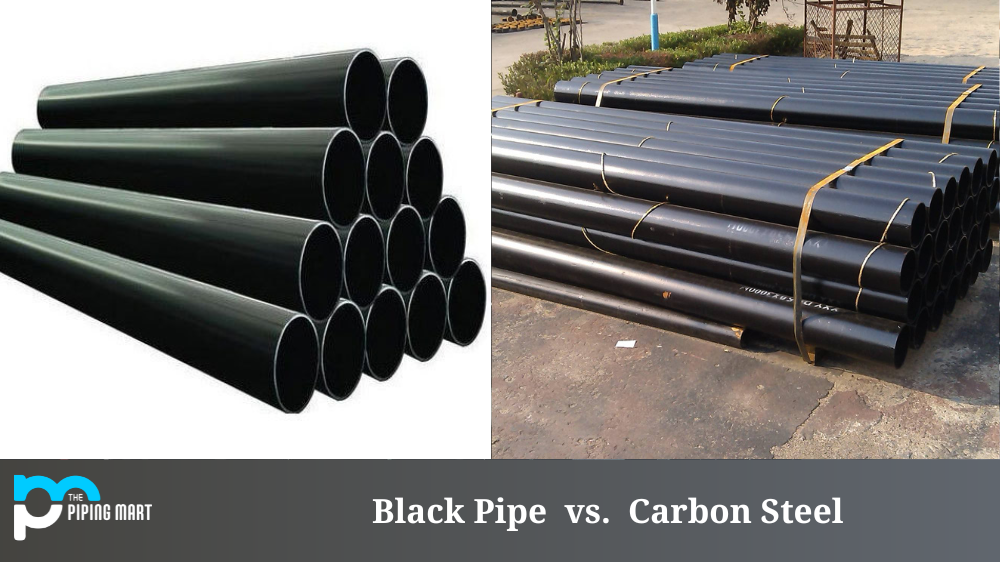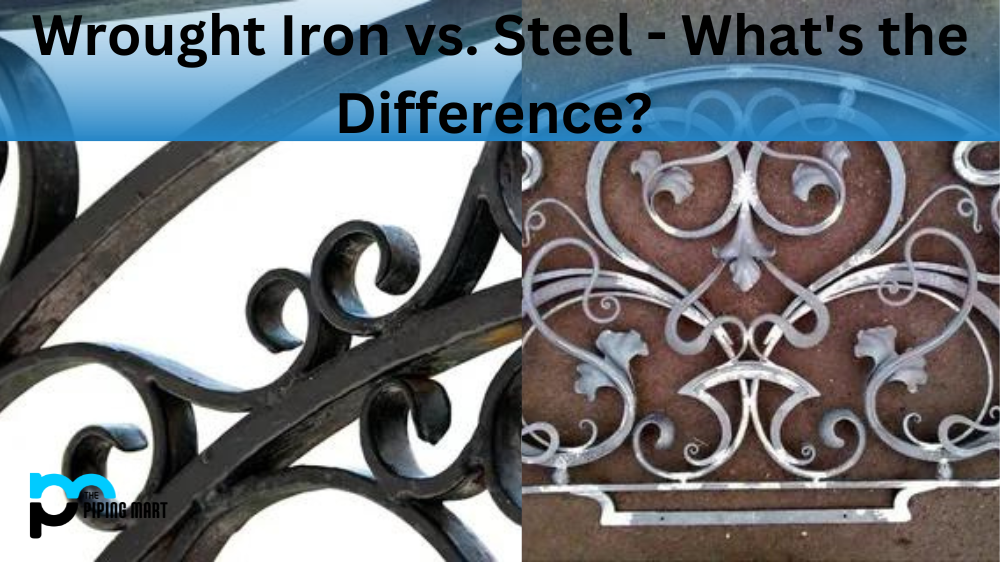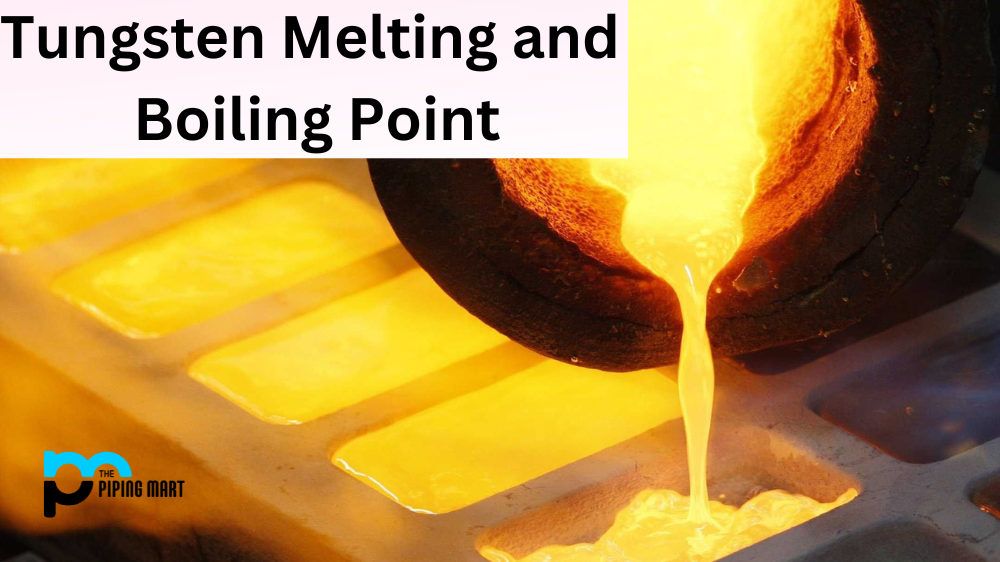If you’re in the market for a durable pipe, two of the most popular options are black pipe and carbon steel. Both materials have their own advantages and disadvantages, so it’s important to understand the differences between them before you decide which is suitable for your project. Let’s look at what sets black pipes and carbon steel apart.
What is black pipe?
Black pipe is made of steel that has been coated with a layer of zinc. This coating protects the steel from corrosion and makes it easier to solder. Black pipe is most commonly used in natural gas and oil pipelines.
What is carbon steel?
Carbon steel is a type of steel that contains carbon. Carbon steel is commonly used to produce pipes, valves, and fittings. Carbon steel is also often used in the construction of buildings and bridges.
Differences between Carbon steel and Black pipe
Durability
The black pipe has a thicker wall than carbon steel, making it more durable than its counterpart. It’s also better able to withstand external elements like corrosion and weathering, meaning it’s less likely to become damaged or weakened over time. On the other hand, carbon steel is known for being strong but not particularly resistant to corrosion over long periods of time. This makes it better suited for short-term projects or applications with minimal exposure to external elements.
Cost
Carbon steel is generally more affordable than black pipe since it requires less processing and manufacturing during production. As such, it can be more cost-effective if you’re working on a tight budget or need to buy large amounts of material at once. On the flip side, the black pipe may be more expensive upfront due to its increased durability—but this could save you money in the long run since you won’t have to replace it as often as other materials.
Installation
Black pipes are often easier to install than carbon steel ones because they have thicker walls, making them sturdier overall. This means they can support heavier loads without needing additional structures like metal braces or mounting brackets. On the other hand, carbon steel pipes tend to require additional reinforcement due to their thinner walls—which can drive up installation costs if not accounted for ahead of time.
Conclusion:
When deciding between black pipe vs. carbon steel, several factors should be considered—including durability, cost, and ease of installation. Black pipes offer increased durability over carbon steel while remaining affordable enough for many projects; however, carbon steel may be more cost-effective if you need large amounts of material at once or if your project doesn’t require pipes with extra strength or sturdiness. Ultimately, choosing between these two materials comes down to understanding your project needs and budget constraints before selecting the best option.

Abhishek is a seasoned blogger and industry expert, sharing his insights and knowledge on various topics. With his research, Abhishek offers valuable insights and tips for professionals and enthusiasts. Follow him for expert advice on the latest trends and developments in the metal industry.




